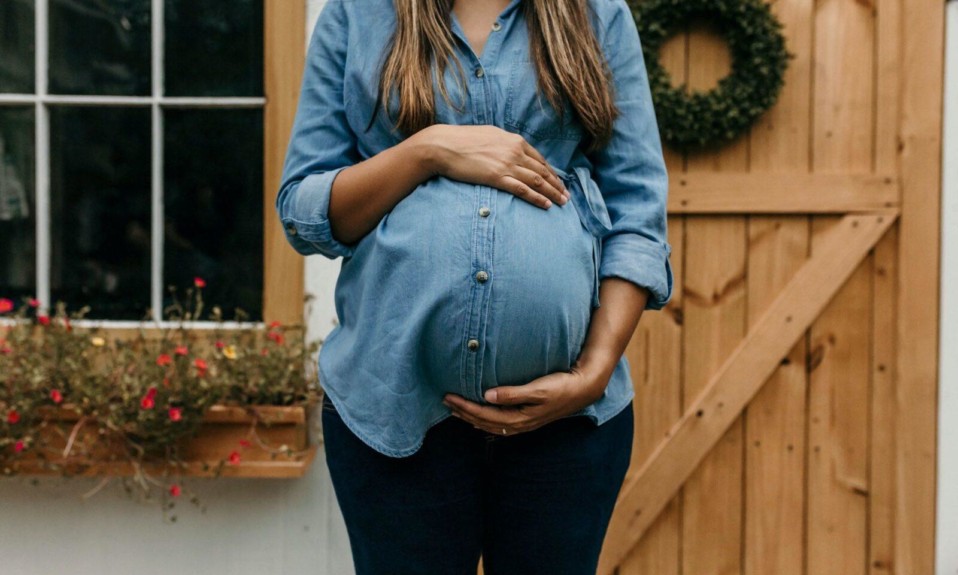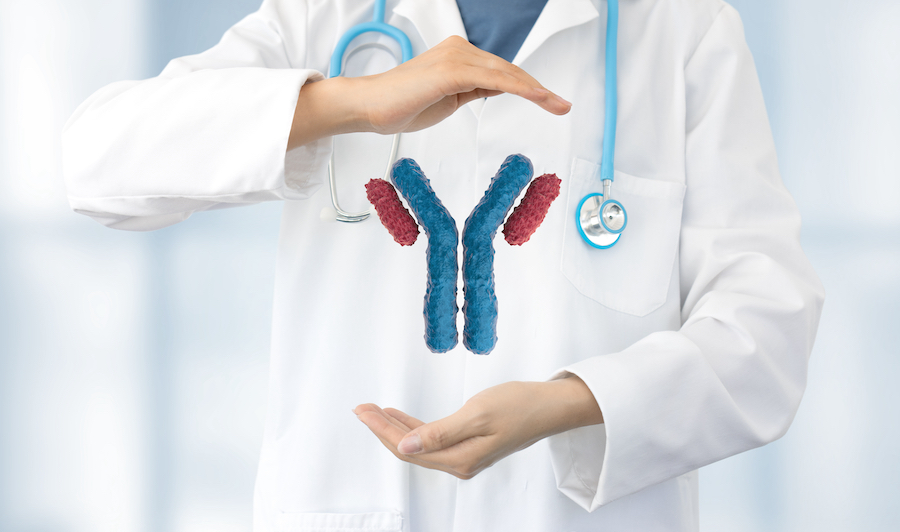A weekly roundup on the latest research and news in addiction, treatment, medicine and science
By William Wagner
October 8, 2020If you’re pregnant, make sure to keep booze at a safe distance. That’s the conclusion of a group of University of Sydney researchers, who studied the matter in great detail and found that even a little drinking during pregnancy can cause a lot of harm to your child. We also take a look at an app designed to aid people experiencing a mental health crisis, a new batch of disturbing numbers related to drug and alcohol use during the COVID era, and the years-long rise of alcohol-linked deaths in rural America.
From The American Journal of Psychiatry:
The Importance of Alcohol Abstinence While Pregnant
Tempting as it may be, even the rare drink during pregnancy isn’t likely to end well. Or as a study by researchers at the University of Sydney in Australia puts it, “Any alcohol use during pregnancy is associated with subtle yet significant psychological and behavioral effects in children. Women should continue to be advised to abstain from alcohol consumption from conception throughout pregnancy.” Most previous research indicated that heavy drinking during pregnancy was what could damage a baby. This study, however, posits that any drinking can impact the brain development of a child, leading to outcomes such as anxiety and attention deficits. With 9,719 children ages 9 and 10 put under the microscope, so it speak, it was the most comprehensive research undertaking of its kind.
Any drinking can impact the brain development of a child, leading to outcomes such as anxiety and attention deficits.”
From the Substance Abuse and Mental Health Services Administration (SAMHSA):
New App: My Mental Health Crisis Plan
Technology to the rescue? A mobile app released by SAMHSA called My Mental Health Crisis Plan has the power to lend a crucial helping hand to those in the midst of a mental health episode. The app, administered by the American Psychiatric Association (APA), enables individuals to create a psychiatric advance directive (PAD), a type of legal document. Those with serious mental illness can, among other things, lay out their treatment preferences, designate someone as a healthcare proxy and select people to notify in the event of a mental health emergency. Said Saul Levin, CEO and medical director of the APA, in a news release: “The My Mental Health Crisis Plan app provides a simple, convenient and effective way to create and share a psychiatric advance directive.”
From the JAMA Network:
More Concerning Data from the COVID Front
Two new studies add to what we already know: Drug and alcohol use have spiked during the pandemic. One study, conducted jointly by the U.S. Department of Health and Human Services (HHS) and Millennium Health, identified sizable rises during the pandemic in the use of fentanyl, heroin, methamphetamine and cocaine among patients who were part of the research. The other, by the RAND Corp., showed a 14% increase in alcohol use from the year leading into the pandemic among individuals older than 30. Don’t expect the news to get any better as the pandemic rolls into the isolation-heavy months of late autumn and winter.
From the Centers for Disease Control and Prevention (CDC):
Alcohol’s Toll on Rural America
No part of the United State is free from the scourge of alcohol abuse, but rural regions, it seems, have been the most hard hit. According to a report issued this month by the CDC, deaths linked to alcohol consumption rose a whopping 43% in rural areas from 2006 to 2018. Researchers say this number stems in part from a stigma related to alcohol abuse and a lack of addiction treatment providers in rural parts of the country.
Photo: Camylla Battani












